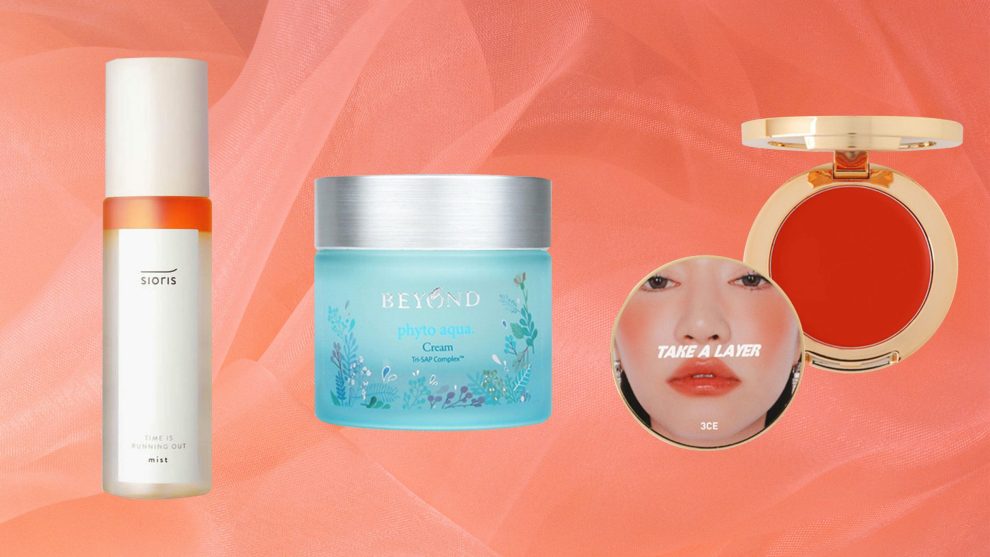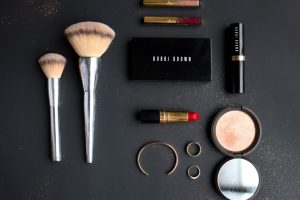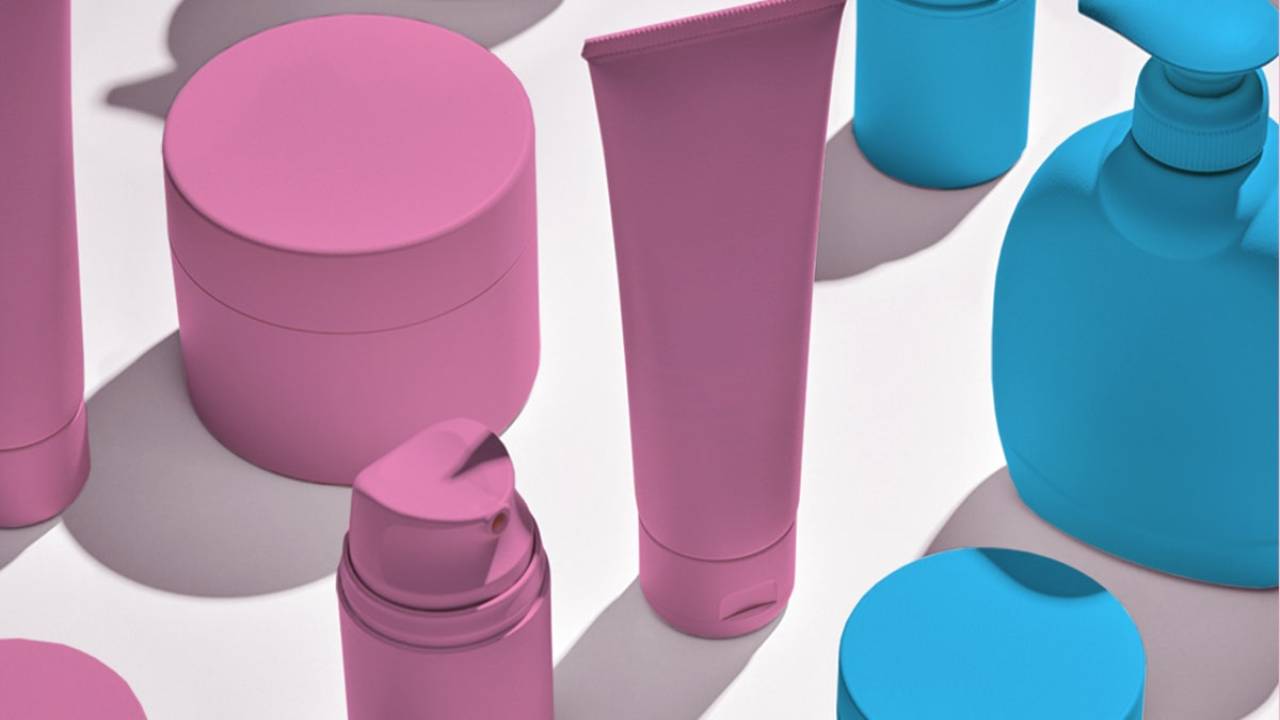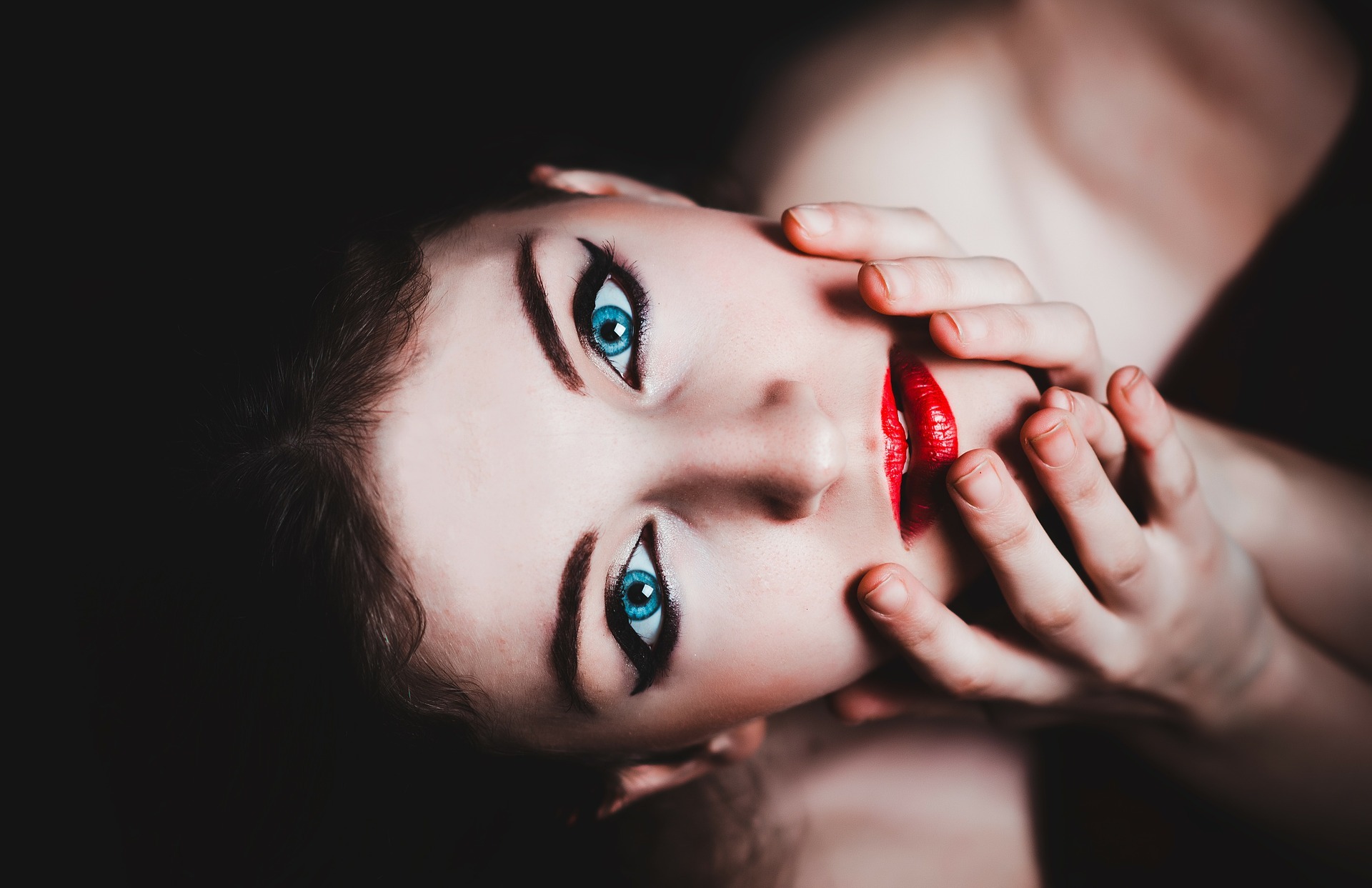When the Korean wave was at its peak, it seemed as though South Korea’s cultural dominance was virtually on par with that of the US. K-dramas was the most popular series on television, k-pop was ubiquitous, and people were gaga about k-beauty. The influence of South Korean culture on the world was undeniable. However, while K-pop and K-dramas remain popular, K-beauty is not.
Amorepacific, a Korean beauty giant, is removing major brand Innisfree from the United States and China. As a result, Sephora has ceased promoting K-beauty with the zeal it once did. Korean cosmetic imports to China are also increasing at a slower rate than ever before.
There are a few factors that have contributed to this downfall of k-beauty products. They are discussed below :
Ban on travel and k-beauty products :
Exports of Korean cosmetic brands to China grew by 14% to US$3 billion in 2019, according to statistics released in May by the Foundation of Korea Cosmetic Industry Institute. In comparison, from 2013 and 2018, the average yearly raise was 41%.
Around the time of the Thaad missile crisis in 2017, the luster of Korean goods began to fade. Tensions over the deployment of the US missile system on the Korean peninsula were high that year. As a result, China has made it illegal for its nationals to go to South Korea in groups. The import of South Korean goods was also banned.
In China, the issue has had far-reaching ramifications for K-beauty. After the ban on some k-beauty products and travel ban, Chinese travelers began shopping on Hainan Island. This is where they sell famous Western and Japanese products duty-free at a reduced price. With the introduction of the coronavirus and a roughly 14-month restriction on overseas travel, this tendency accelerated.
K-beauty couldn’t adapt to current beauty standards :
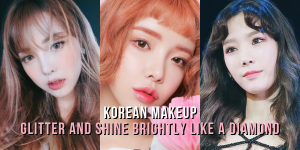
Then there’s the reality that everything that made K-beauty a global fascination in the first place – eccentric marketing, complicated beauty regimens, and bright make-up – is no longer relevant. Instead, customers worldwide are becoming more interested in the science behind beauty products.
Few people were aware of hyaluronic acids, retinol, or the influence of vitamin C on skincare regimes a decade ago. However, brands now believe that their customers are well-aware and actively seek out items containing these components.
Similarly, K-beauty lines tend to be on the middle to the low end of the pricing spectrum. This segment hasn’t risen as rapidly as the rest of the industry during the epidemic. Again, this is primarily as customers are becoming aware of the importance of skincare. They would rather invest money they would have spent on dining out and vacation in beauty products, with skincare surpassing make-up.
Lack of innovation :
Plagiarism has become simpler due to a lack of innovation and a focus on marketing rather than ingredients. Nature Republic, a South Korean company, sued more than 50 beauty firms in 2019 for exploiting its intellectual property. This demonstrates the extent to which K-beauty has been losing customers to counterfeit products.
K-maximalist beauty’s aspect has also lost its luster. Any article on Korean items five years ago was likely to commend the 10-step regimens they advocated. In the West, this seemed to be a novel and unusual experience. Social media influencers posted videos of their long workout routines, and they enthralled viewers.

A backlash has erupted against this complex kind of skincare. Customers are now seeking single-product solutions that handle a lot of the heavy lifting for them. This trend, known as “skinimalism,” is gaining traction worldwide, resulting in the rise of several companies that provide only two or three formulations to meet all of your skin’s demands. K-beauty now belongs to a different and now less appealing industry, with its colorful packaging, clever marketing ploys, and often opaque ingredient lists.
To sum it up.
This was unavoidable in many respects. K-beauty industries achieved fame in a short time and often this kind of popularity is difficult to sustain. And, the current pandemic and political crisis have made things worse.
That said, K-beauty isn’t going anywhere, thanks to its creative products and influential worldwide influencers. But, it’s about time the K-beauty industry changed their priorities if they want to reign over the world once more.
Also Read: Top 5 K-Pop Groups of 2020.






